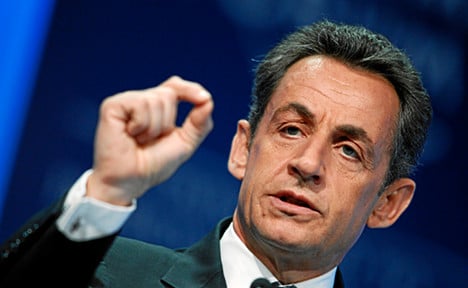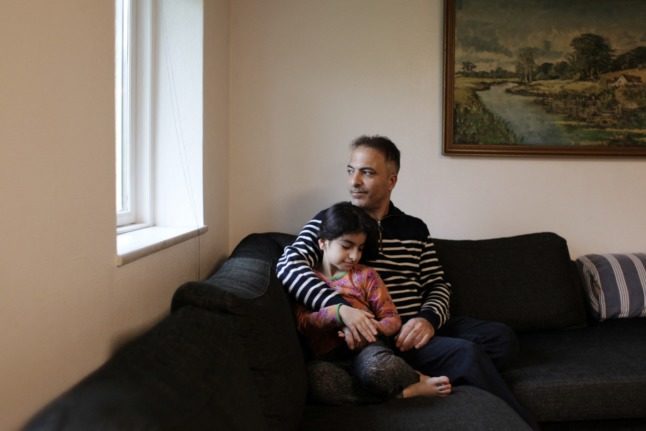Sarkozy, one of the principal architects of the NATO air campaign in Libya last year, came under fire Thursday after suggesting that there were "major similarities" with the current situation in Syria, implying military action was also an option to oust President Bashar al-Assad.
It was the right-wing leader's first public comment on the Syria crisis since he lost the presidential election in May and it was immediately slammed
as irresponsible meddling by Foreign Minister Laurent Fabius.
"I'm astonished that Mr Sarkozy wants to start a polemic on such a grave subject," Fabius said before questioning the ex-president's motives.
"It is not what one would expect from a former president. Is it because he does not want to be forgotten?"
Fabius said Syria's location at the heart of the Middle East and the country's weapons made the situation there "fundamentally different" to the
one in Libya prior to the NATO-backed overthrow of Muammar Qaddafi.
"The differences are so evident that no country has demanded nor desires military intervention," Fabius said.
Sarkozy's return to the frontline of French political life came after a telephone call with one of the leaders of the anti-Assad Syrian National
Council, Abdel Basset Sayda, on Wednesday.
In a statement, Sarkozy said he and Sayda had agreed on the "gravity of the Syrian crisis and the need for rapid action by the international community to
avoid slaughter."
The remarks were widely criticised in the French press, which recalled that Sarkozy had not himself advocated military intervention despite his final year
in office coinciding with the Syrian uprising.
Sarkozy had been widely expected to withdraw from French political life in the aftermath of his defeat by the Socialist Hollande in May.
The former president lost his immunity from prosecution in June and is expected to be questioned soon by an examining magistrate looking into
allegations that Sarkozy's 2007 presidential campaign was illegally financed by Liliane Bettencourt, France's richest woman.



 Please whitelist us to continue reading.
Please whitelist us to continue reading.
Member comments